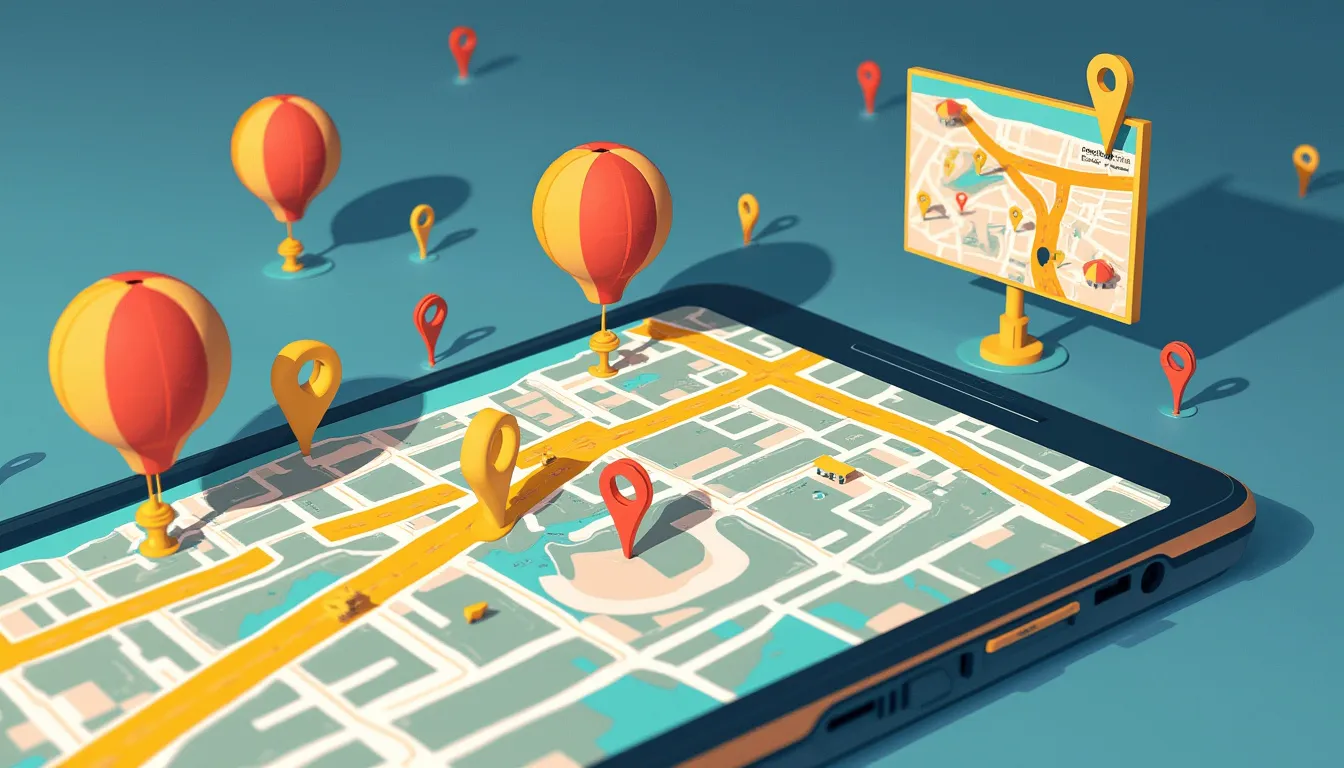Enhancing Navigation with Gemini Technology
Google has introduced Gemini, a new AI technology that is set to revolutionize how we use Google Maps. By integrating AI-powered features, Google Maps is evolving from a simple navigation tool to a personalized, conversational assistant. This transformation aims to enhance the user experience by offering more personalized and interactive sessions, making it easier for users to discover new places and experiences.
One of the most notable features of this update is the conversational interface. It allows users to engage in natural language dialogues with Google Maps, making inquiries about destinations or asking for personalized recommendations. This means users can ask for a list of nearby restaurants or attractions and receive suggestions curated from compiled reviews, leading to a more user-centric and seamless experience.
Improved Features for Navigational Accuracy and Safety
With the introduction of Gemini, Google Maps now also boasts detailed navigation features. Users can see comprehensive lane markings, crosswalks, and signage on their navigation screens. This level of detail is designed to reduce confusion and assist drivers in selecting the correct lanes, thus providing clearer and more reliable guidance.
Moreover, Google Maps’ AI will provide real-time updates about weather and road conditions. This feature is especially useful in situations where adverse weather might affect driving, such as floods or fog. This proactive feature ensures the safety and efficiency of the journey, accommodating necessary route adjustments without hassle.
Additionally, the integration extends to Waze, the other navigational app owned by Google. Waze users can now benefit from AI-enhanced features, including conversational reporting of road hazards. This enhancement will facilitate a more robust and active user contribution to road safety and smarter navigation.
Broadening the Scope with Developer Tools
Google is not keeping Gemini’s capabilities exclusive to just their applications. By opening access to the Gemini language models to developers, Google is encouraging innovation across various industries. Developers can now create custom applications leveraging this AI-driven insight, providing new opportunities for tech solutions that improve user interaction and services.
Notably, with all of these advancements, Google is acutely aware of the potential risks associated with AI, particularly AI hallucinations. To mitigate this, Google has implemented a grounding process that critically fact-checks the information provided by Gemini. This ensures that users receive accurate and trustworthy responses, maintaining credibility and reliability in AI interactions.
The Global Impact of AI in Urban Mobility
The integration of AI into Google Maps signifies an important step toward smarter urban mobility. By facilitating policies and frameworks for better urban planning and traffic management, AI in navigation solutions plays a crucial role in creating more sustainable and efficient city living. This aligns with a global trend towards embracing AI to address the challenges of modern urban environments and simply enhance the quality of life.
As Google continues to push the boundaries of technology, these advancements in their map applications highlight a commitment to innovation that resonates on both local and global scales, promising a future where navigation is smarter, safer, and more efficient than ever before.




